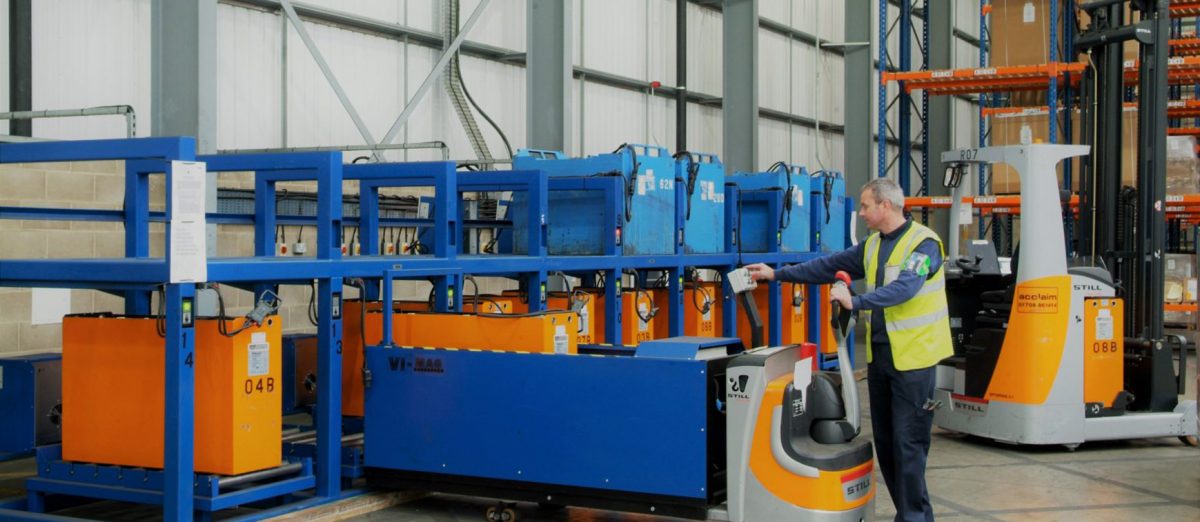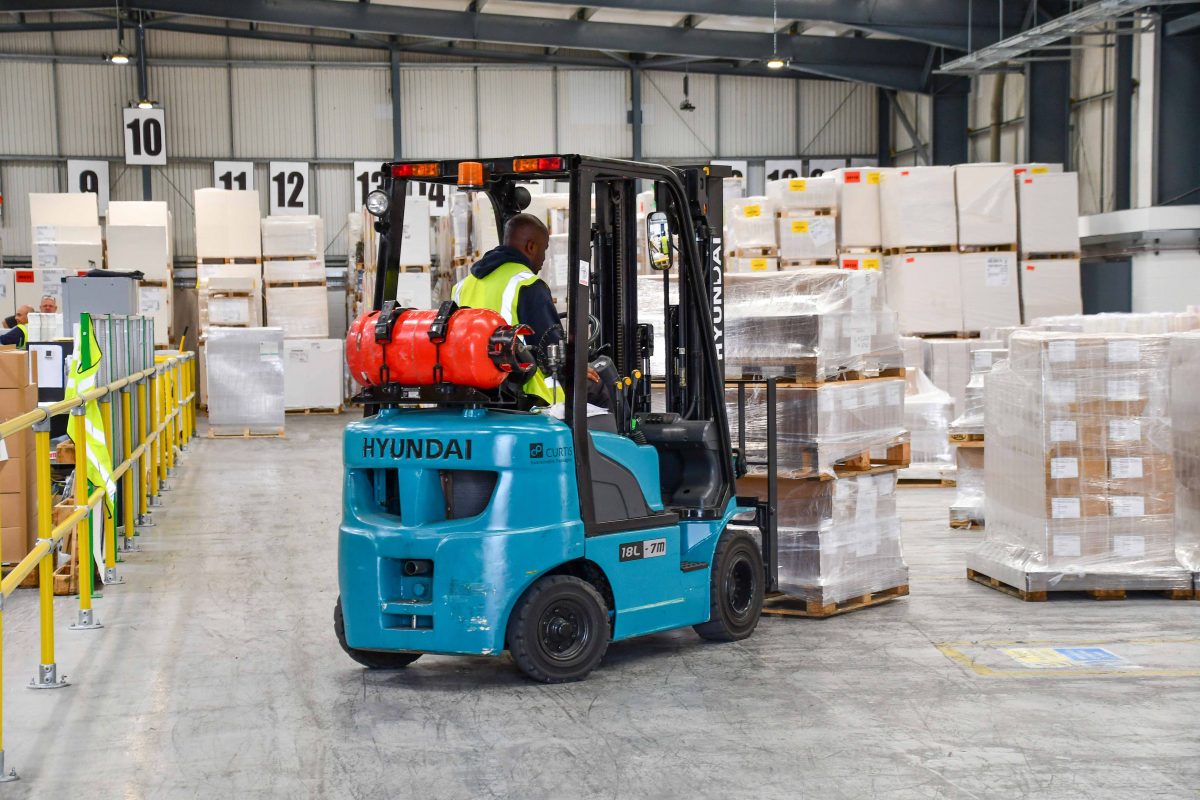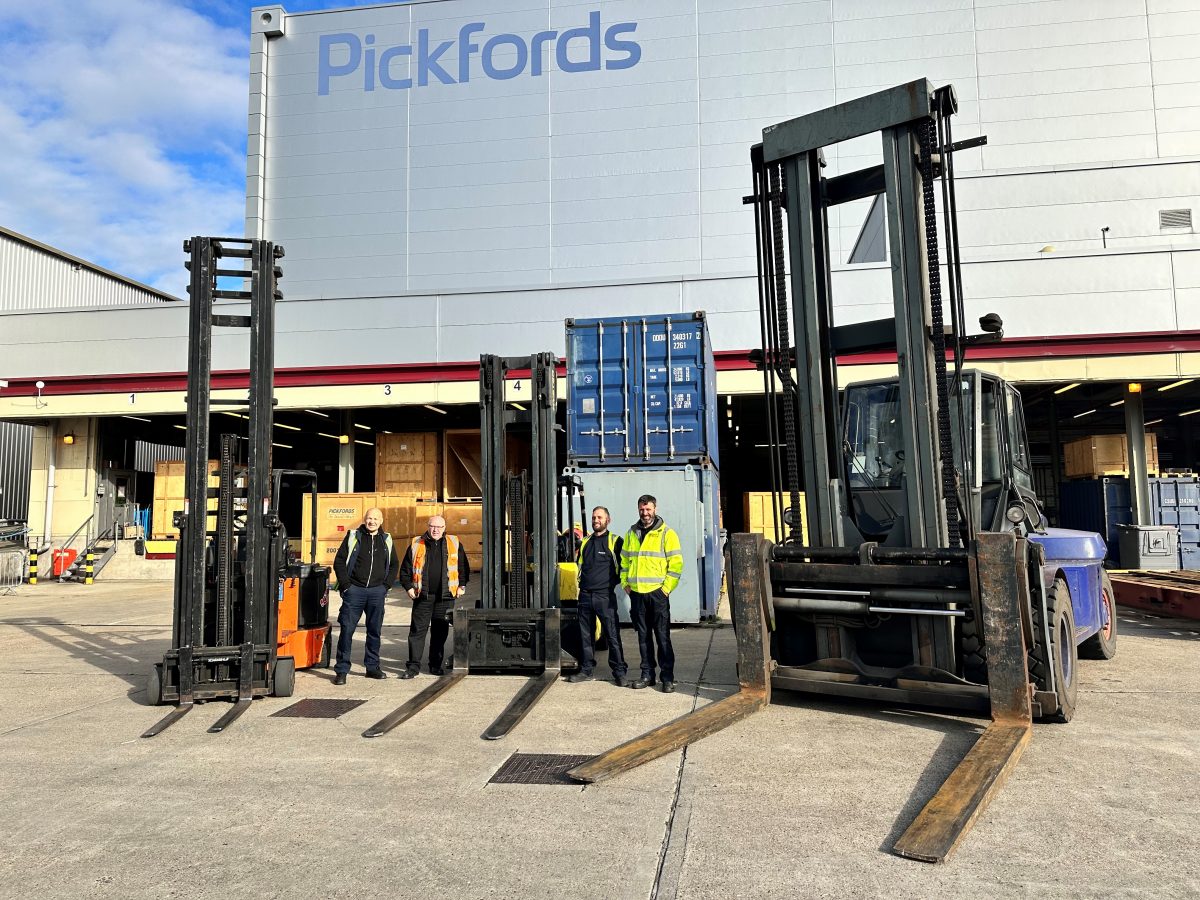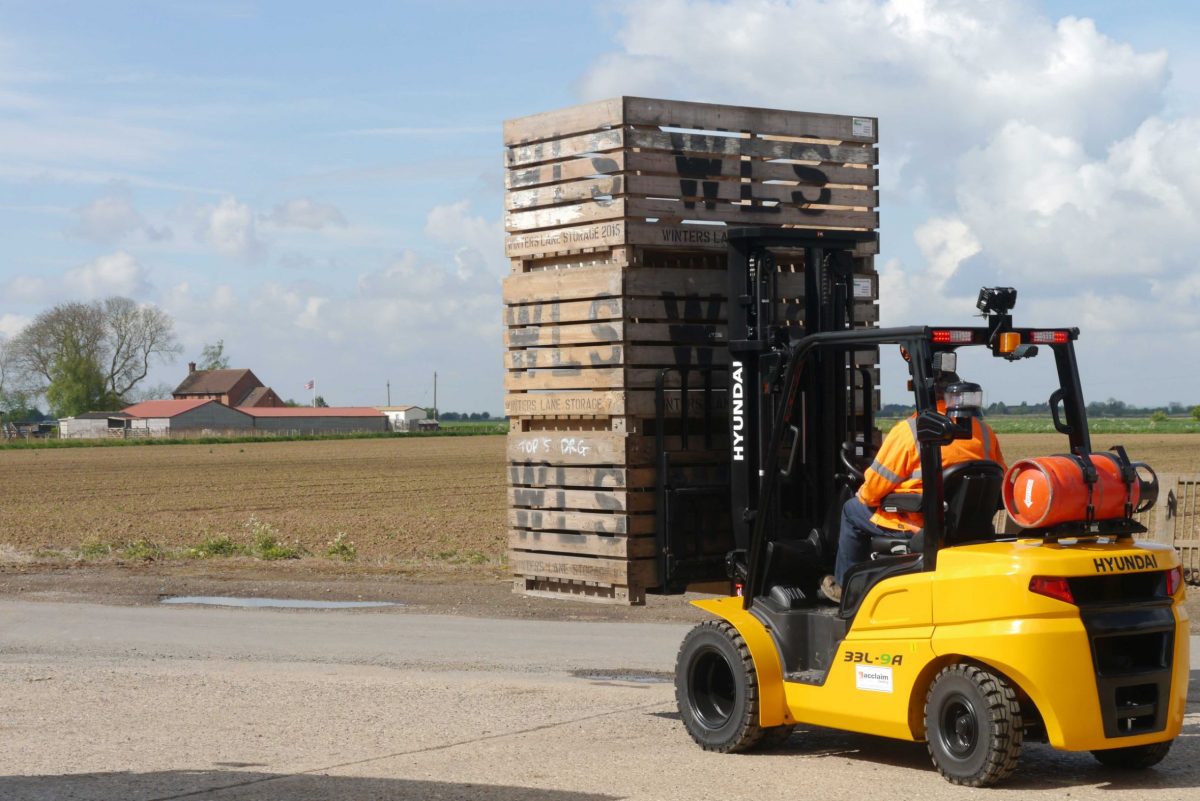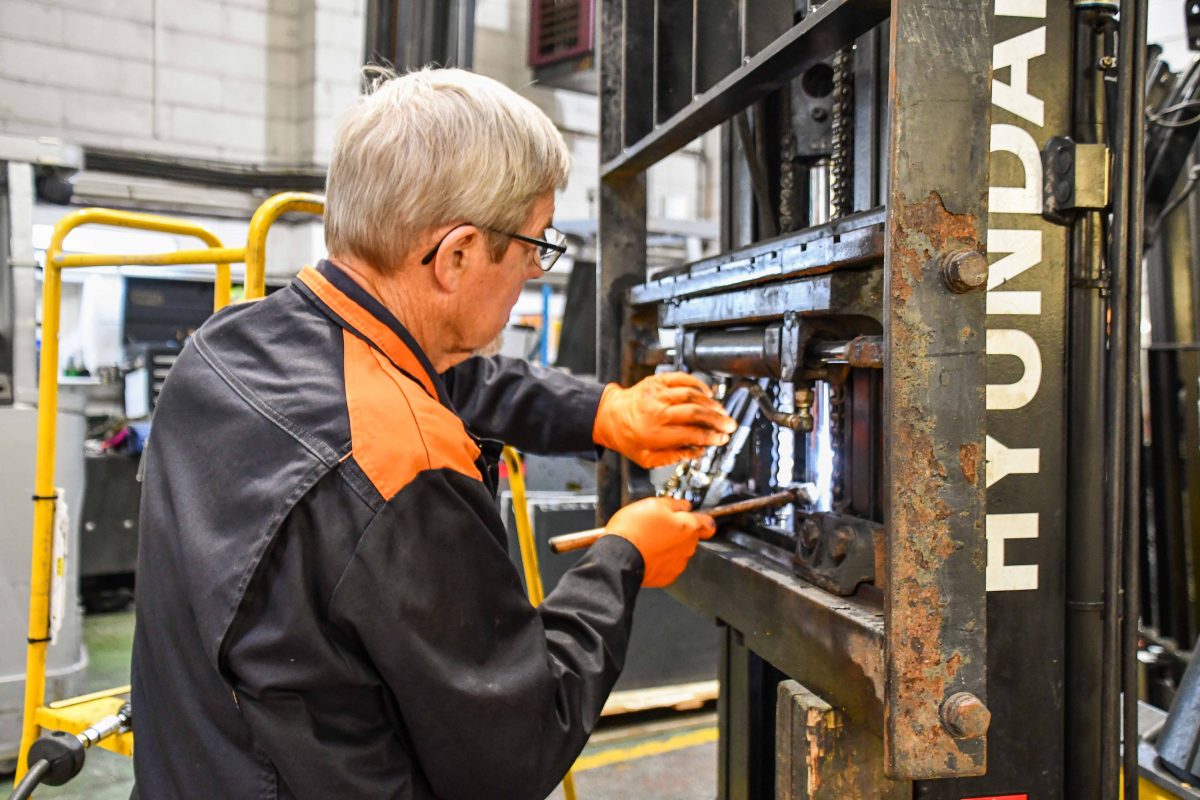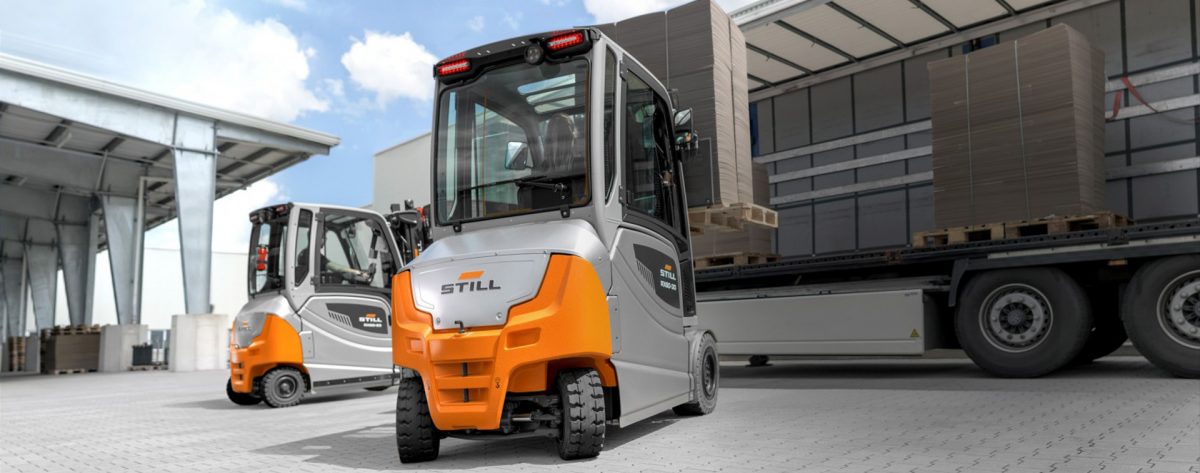Forklift Fuel Types – Gas Vs Diesel Vs Electric
Looking for the ideal forklift for your warehouse or business? We’ve created this handy guide to help you best assess the forklift fuel types and which one is best suited for your application. There are numinous different ways that you can power your forklifts, in this guide we list the advantages and the disadvantages of the three most common Forklift Fuel Types.
Electric Forklift Trucks
Battery operated electric forklift trucks are the most environmentally friendly. being completely fume free in operation giving off no harmful emissions. Due to the weight and concentrated mass of the battery, they are quiet in use. Generally they are more manoeuvrable compared to other Forklift Fuel Types, due to the battery weight acting as an effective counterbalance, enabling the truck to be more compact in size.
The charging cost of the battery if left overnight can be considerably cheaper than the other Forklift Fuel Types.
In addition to this, electric forklifts are usually considered easier to drive than typical engine powered machines, due to them only having two pedals; an accelerator and a brake pedal. They do not have clutch or inching pedals as you would find on a LPG or diesel alternative.
Advantages:
- Environmentally friendly
- Great for use in small areas and indoors
- The lifespan of electric forklifts is typically longer than that of the other Forklift Fuel Types
- Cheaper hourly running cost
- Operation is much quieter due to electric motors.
- Great Manoeuvrability
- Low centre of gravity, leading to better stability
- Simple to operate
- Mechanically simple, leading to potentially easier repairs and greater reliability.
Disadvantages:
- Battery recharging times can be a problem if you are unable to leave to charge overnight. (Though this can be avoided by having additional batteries to swap over)
- You will need to have a battery charging station in a well ventilated, dry, and temperature controlled environment.
- Are mostly not appropriate for outdoor use, especially in wet weather.
LP Gas Forklifts
Forklift trucks that are powered by LPG have been long popular, mostly due to their suitability for outside and inside use plus the competitive pricing. You’ll usually find that the engines in LPG gas Forklift trucks have many similarities to car engines.
Advantages
- Low Carbon Emissions – LP Gas burns cleanly with no soot and very few sulphur emissions.
- Widely available whether new or used.
- Very quick tp refuel, taking around five minutes to swap over a gas tank.
- Non corrosive, non toxic and free from additives.
- High octane rating (108RON).
Disadvantages
- Lower energy density per volume vs petrol.
- The LPG Fuel is heavier than air, causing potential safety hazards if it is mishandled.
- Classified as a “Dangerous good” due to its potentially destructive nature.
Diesel Forklift Trucks
Diesel forklift trucks are most ideal for applications where they are mainly used outside. when used outside, the exhaust fumes and diesel particles escape easily into the atmosphere and do not cause any local environmental or health and safety issues which can occur when used indoors. Although, Catalysts and purifiers on the exhaust can reduce noxious emissions and make diesel forklift trucks acceptable for occasional indoor use.
The engines in diesel forklift trucks can be more fuel efficient than LPG forklifts, and can be run on red diesel. an average fuel tank of 50 litres will last much longer than a 18kg bottle of gas in like for like usage.
Disadvantages:
Advantages:
- Can be more expensive than the other Forklift Fuel Types.
- Diesel Engines are louder.
- Requires a storage area for a fuel reserve (which much meet EPA standards).
- Requires more often filter and oil changes.
- Total Weight of forklift is usually heavy than other Forklift fuel types due to additional parts.
- Unless you have very well ventilated areas, Diesel trucks should only be used outside.
- Running costs are usually lower when compared to LPG forklifts.
- Diesel forklifts tend to have more torque as opposed to other fuel types.
- The engine and mechanics of a diesel engine are simpler than others, which can lead to more reliability.
- Quick refuelling – less than five minutes.
